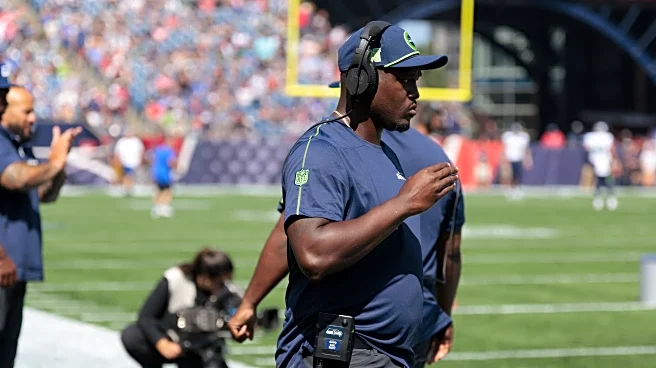LONDON (Reuters) - Britain's jobs market has lost more steam, according to official data, with employment falling for a seventh month in row and wage growth slowing, potentially easing worries at the Bank of England about persistent inflation pressures.
The number of employees on company payrolls, as measured by tax office data, fell by a provisional 8,000 in August from July, extending a run of declines that began in February.
July's drop in payrolls was revised to 6,000 from an previously reported
reduction of 8,000.
Employers have blamed finance minister Rachel Reeves' tax increase on them for their cautious stance on staffing.
Basic wage growth in the private sector - which is watched closely by the BoE - slowed to 4.7% between May and July from 4.8% in the three months to June.
Overall average weekly earnings, excluding bonuses, grew by 4.8%, weaker than the previous reading of 5.0% but still above the roughly 3% level seen as consistent with the BoE's 2% inflation target.
Economists polled by Reuters had mostly expected regular annual wage growth to slow to 4.8%.
However, there were some signs of an improvement in employers' appetite for hiring in the jobs market.
The number of job vacancies in the three months to August rose to 728,000 having touched its lowest since early 2021 in the previous month's release.
The Bank of England last month lowered interest rates to 4% from 4.25% but the central bank is widely expected to keep them on hold this week as it remains wary about inflation heat in the economy, including the jobs market.
Tuesday's data showed Britain's unemployment rate in the three months to July held at 4.7%, its highest since the second quarter of 2021, although that figure is based on a survey of households that the ONS has said is not currently reliable.
Surveys published last week showed that employers offered the lowest pay settlements in more than three-and-a-half years in July and hiring continued to slow - albeit by less than in previous months.
(Writing by William Schomberg; editing by Sarah Young and Suban Abdulla)















